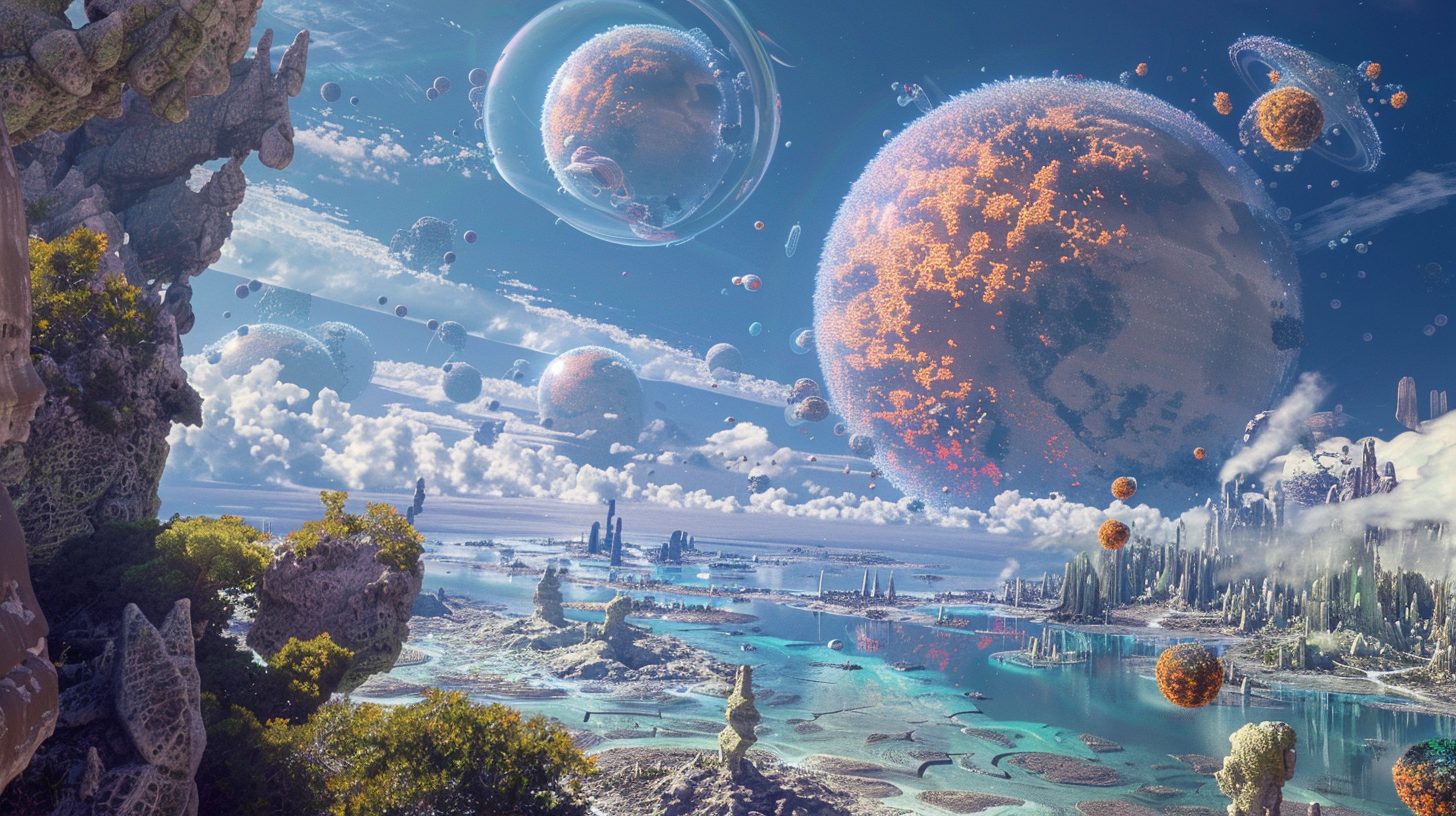Discover how dynamic AI and next-gen world design are pushing open-world games to evolve beyond scripted paths into immersive, living environments with real-time choices.

Open-world games have long captivated players by offering vast landscapes and freedom of exploration. However, recent advancements in AI technology and procedural world-building are revolutionizing this genre. Developers are now crafting environments that dynamically respond to player actions and evolve independently, creating truly unique gameplay experiences every time.
Innovations in AI and World Design
Modern AI systems empower non-player characters (NPCs) with complex decision-making abilities, allowing them to react realistically to changing game scenarios. Combined with procedural generation, this leads to worlds that feel alive and unpredictable. Players no longer follow rigid scripts but influence the game narrative through meaningful choices.
- Adaptive NPC behavior that reflects player interactions
- Procedurally generated landscapes and events for endless variety
- Real-time environment changes based on player decisions
- Seamless blending of story and emergent gameplay
Impact on Player Experience
These technological leaps transform how players engage with open-world games. Immersion deepens as the game world reacts authentically to each player’s style, encouraging exploration and creativity. Replayability is enhanced with multiple story paths and outcomes driven by dynamic world states.
“The future of open-world gaming lies in worlds that breathe and evolve alongside the player, offering stories shaped not just by developers but by every gamer’s unique journey.” – Lead Designer at NextGen Studios
As we witness this evolution, it’s clear that the boundary between scripted storytelling and sandbox freedom is blurring. Players are no longer just participants but co-creators of their gaming experiences, ushering in a new era of truly living virtual worlds.